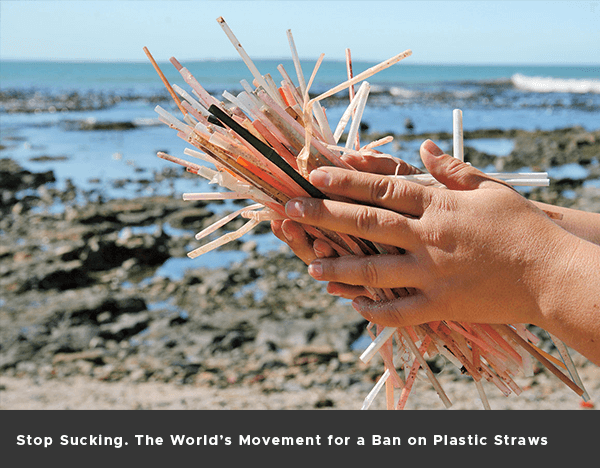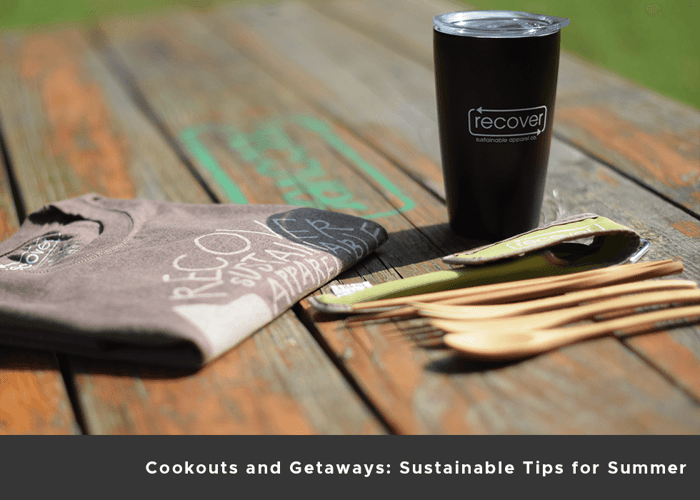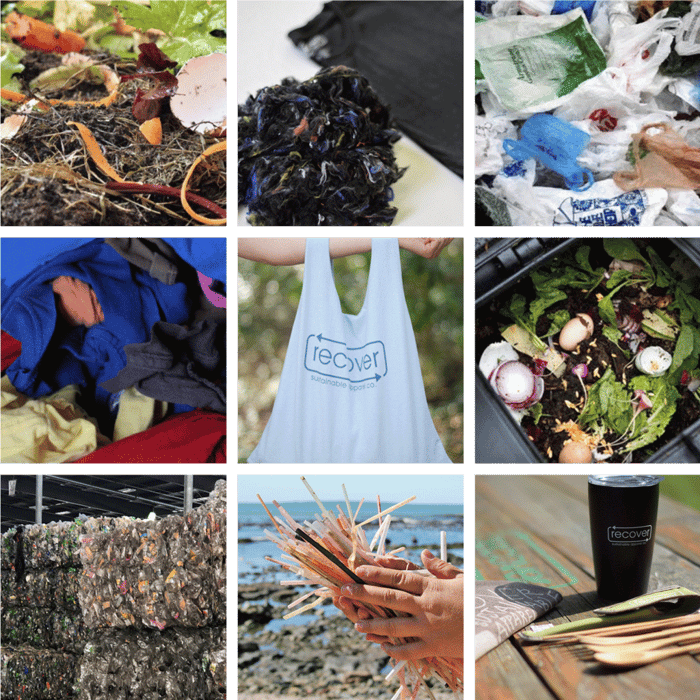
Whether a grocery store, farmers’ market, convenience store, local boutique, or box store mall, shopping for food and goods is part of the everyday. Depending on where you choose to shop and what you’re shopping for, the question of “Did you bring your own bag?” can be lost in the shuffle. Oddly enough, it has become the consumer’s responsibility to give verbal or visual cues that they have reusable bags, and sometimes it even requires the physical intervention of swiftly grabbing your goods right after they’re scanned before everything gets swept into a plastic bag in what seems like the blink of an eye. The single-use plastic bag phenomena has now simply become habit of businesses and consumers alike. But, this thoughtless habit is having worldwide impact that calls for an easy change.
Looking back, this plastic habit is relatively new. In the US, Mobil Chemical invented and patented plastic bags as we know them in 1977. With a big push by the company, Safeway and Kroger grocery stores began carrying them in 1982. After the introduction, most grocery stores and grocery store customers still preferred reusable bags and paper bags. But by the end of 1985, a huge marketing effort launched by Mobil Chemical yielded an enormous shift to stores and consumers choosing plastic bags as their go-to. The world followed suit.

Thirty-three years later, here is a quick glimpse of the result of this created plastic bag habit:
- Worldwide, 1 trillion plastic bags are consumed every year.
- This means that at a minimum, almost two million plastic bags are used and discarded every minute of every day around the globe.
- Within the US alone, 100 billion plastic shopping bags are used and discarded annually, which costs retailers an estimated $4 billion.
- Plastic bag trash has been found in the world’s most remote places, from floating as far north of the Arctic Circle near Spitzbergen, to as far south as the Falkland Islands, to as deep as the Mariana Trench (the world’s deepest ocean trench, which extends 36,000 feet down).

Why this matters:
- Plastic bags don’t biodegrade, they simply break down into smaller and smaller toxic bits in our environment. While some estimate that a plastic bag can take between 400 to 1,000 years to break down, research also disclaims that plastic never truly breaks down in our environment and only time will tell the effects and repercussions.
- As plastic breaks down, plastic particles contaminate soil and waterways and enter the food web when animals accidentally ingest them. Plastic bags cause over 100,000 known sea turtle and other marine animal deaths every year.
- The adverse effects of plastics on human health due to widespread ingestion through food and water sources are not fully understood, but research reports associations with cancers, birth defects, impaired immunity, endocrine disruption, and developmental and reproductive effects.
Who’s doing something about it:
- Countries: Countries worldwide such as Rwanda, Kenya, and Australia have literally banned plastic bag use, distribution, and consumption.
- Cities: San Francisco was the first U.S. city to institute a mandated plastic bag ban beginning in 2007. The policy further encourages San Francisco residents to use reusable bags by placing an additional 10-cent fee on single-use compostable or recycled paper bags that customers need at the checkout. Since 2010, this policy has resulted in a 72% reduction in plastic bag pollution in the entire San Francisco Bay area.
Ultimately, this plastic bag habit was something that was created. The realization of the consequences of this created habit is striking, but it’s also empowering because it’s such a simple fix. There’s nothing abstract about this challenge- it is something that we as individuals have control over and an opportunity to make a small change that has a big impact. That’s rad- we’re in.








